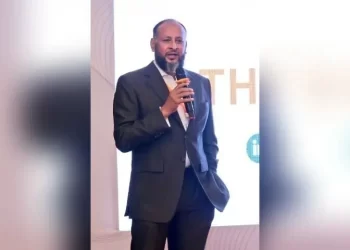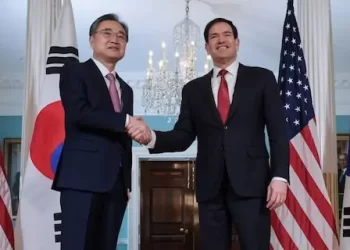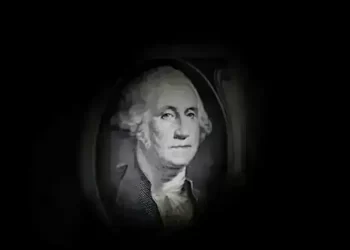Amid risks of a wider regional conflict, Israel and Hamas face major sticking points ahead of truce talks in Qatar.
After more than 10 months of relentless bombardment of the Gaza Strip, which has killed more than 40,000 Palestinians, leaders from Israel and Palestinian group Hamas have been invited by mediators for a fresh round of talks on Thursday.
The talks have been put together partly in an effort to avoid an escalation in hostilities between Iran and Israel following the assassination of Hamas leader Ismail Haniyeh in Tehran on July 31. Here is all we know about the negotiations:
The talks are scheduled to be held on Thursday in Doha, Qatar.
On August 9, the United States embassy in Israel published a joint statement by US President Joe Biden, Egypt’s President Abdel Fattah el-Sisi and Qatar’s Emir Sheikh Tamim bin Hamad Al Thani. This statement set out the date for the talks and said they would either be held in Cairo or Doha.
Mediators from Qatar, Egypt and the US are expected to attend. The three countries have been mediating at ceasefire talks for months since November, a month after the beginning of the war.
Israel is attending the talks in Doha. Its delegation will include intelligence chief David Barnea, head of the domestic security service Ronen Bar and the military’s hostages chief, Nitzan Alon, defence officials confirmed on Wednesday.
Reports so far suggest that Hamas will not be sending its representatives.
“Going to new negotiations allows the occupation to impose new conditions and employ the maze of negotiation to conduct more massacres,” senior Hamas official Sami Abu Zuhri told the Reuters news agency on Wednesday.
The joint statement said the talks would aim to “conclude the ceasefire” and secure a release deal for Israeli captives held in the Gaza Strip. Some 110 captives are believed to still be in Gaza of roughly 240 originally taken from southern Israel on October 7 last year.
The representatives of the three mediating countries added in the statement that they would discuss a framework agreement that they have jointly worked on for months.
This will be based on a ceasefire plan proposed by Biden on May 31. This proposal formed the basis of the UN Security Council Resolution 2735, which was passed on June 10, with 14 member states voting in favour, none against, and only Russia abstaining.
This resolution called for a three-phase approach to achieve a truce in the region. Phase one would be the release of Israeli captives and Palestinian prisoners over six weeks; phase two would be the permanent end to hostilities; and phase three would be a multiyear plan for the reconstruction of Gaza.
“There is no further time to waste nor excuses from any party for further delay. It is time to release the hostages, begin the ceasefire, and implement this agreement,” the statement read.
When and where are the ceasefire talks being held?
Israeli PM Benjamin Netanyahu has reiterated Israel’s commitment to a “complete victory” over Hamas time and time again over the course of the war.
Israel has also said it wants its military to retain control over Gaza’s southern border with Egypt.
In the same message, Hamas said it wanted a plan “based on [US President Joe] Biden’s May 31 ceasefire proposal, the framework laid out by mediators Qatar and Egypt on May 6, and UN Security Council Resolution 2735“.
The May 6 proposal mentioned in the message calls for the release of Israeli captives in Gaza in exchange for an unspecified number of Palestinian prisoners. Hamas agreed to this proposal at the time, while Israel rejected it.
On Thursday, Hamas told mediators that if Israel made a “serious” proposal in line with Hamas’s previous proposals, the group would continue to engage in negotiations.
Hamas also requires a full withdrawal of Israeli troops from Gaza.
Besides the mounting civilian death toll and the prospect of famine in Gaza, recent events have intensified the situation.
On July 31, Hamas chief Ismail Haniyeh was assassinated in Iran, giving rise to fears of a wider regional conflict between Israel and Iran.
A commander of the Lebanese group Hezbollah, Fuad Shukr, was also killed in Beirut, Lebanon in an Israeli air strike.









